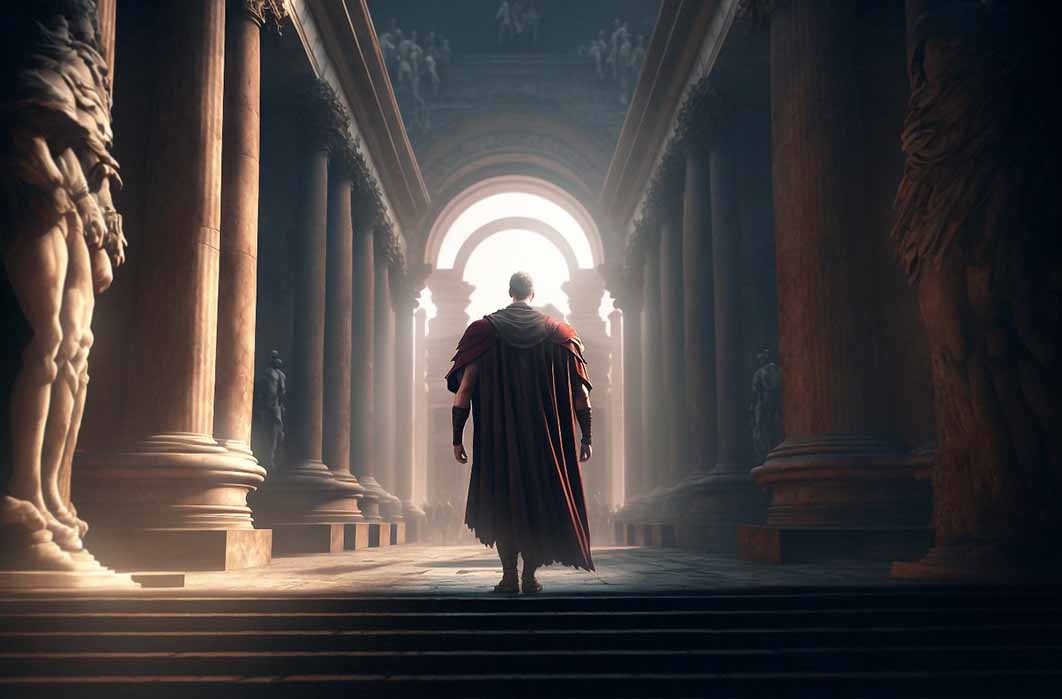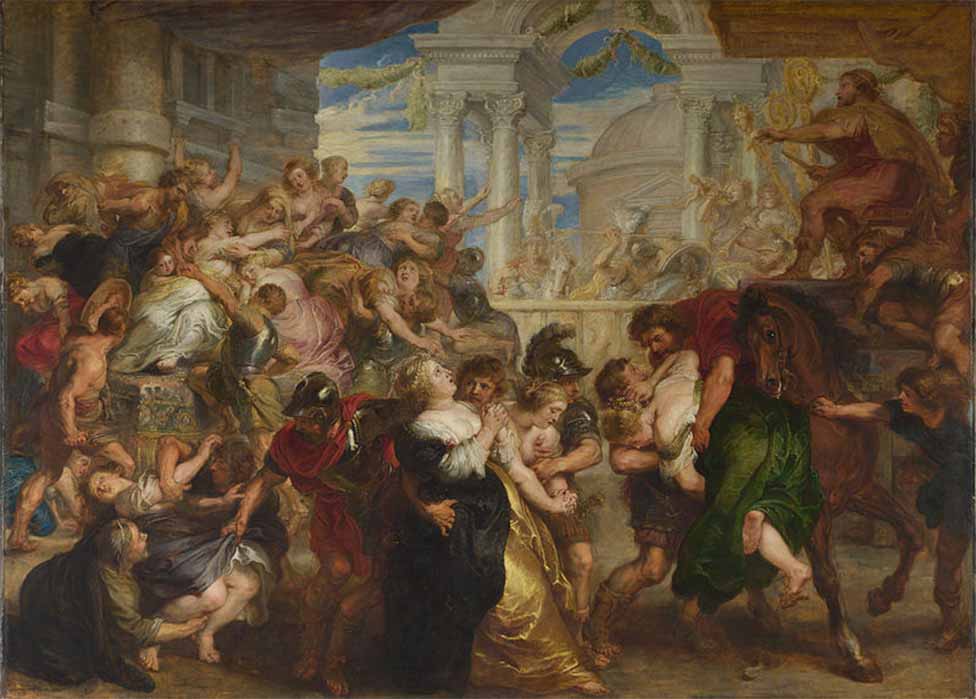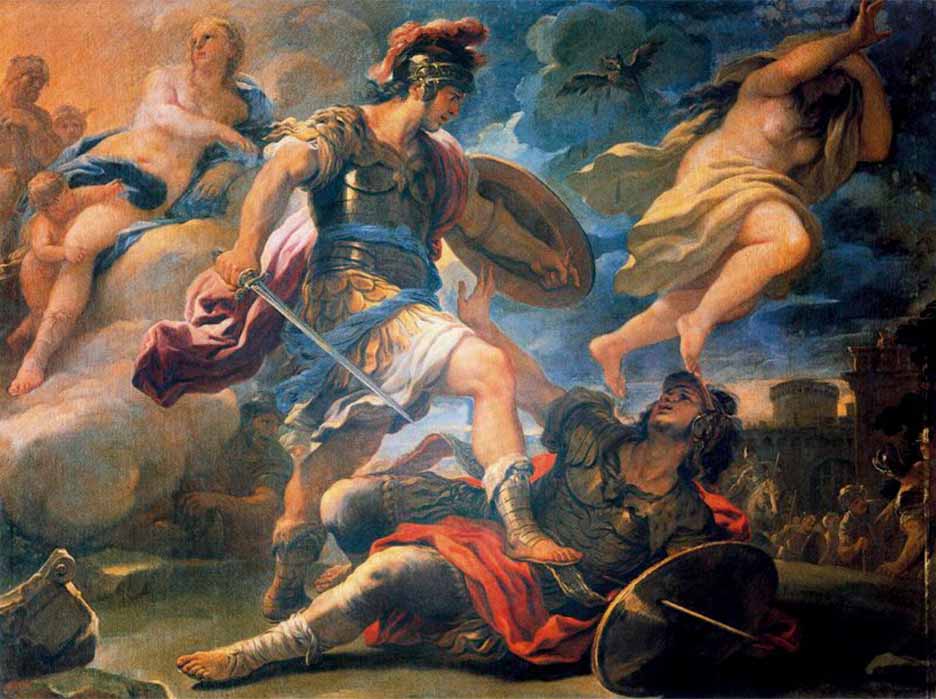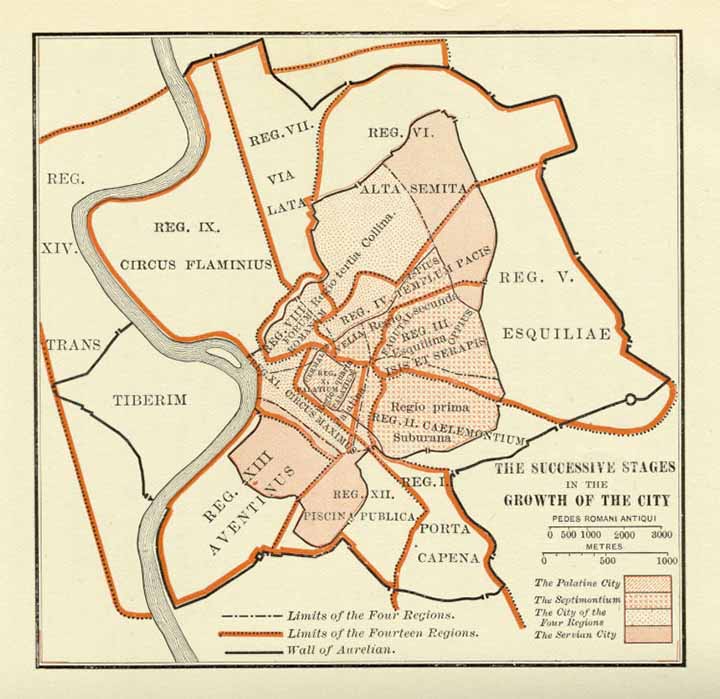
The Men Who Ruled The World From Rome
The history of the classical Roman State spanned more than 12 centuries. It extended from the foundation of Rome in 753 BC to the fall of the western part of the Empire in 476 AD. The rich legacy left by the Romans represents for the Western World much more than a distant historical reference. One only has to reflect on the origin of the systems of law, the Latin-based languages, the religious beliefs, as well as the collective social philosophy to come to this realization. It was also under the footsteps of the mighty legions that the foundations of modern European nations were forged. Several modern European capital cities were either intentionally founded in premeditated locations or were originally strategically located Roman military camps or outposts. The classical Roman State, whose cultural essence had its roots in ancient Greece, can undoubtedly be seen as the origin of Western civilization.
Like any great civilization, the Roman State experienced its share of diversity and fluctuations in its social order. Periods of violence and cruelty that sometimes went beyond modern comprehension were combined with times when peace, prosperity and refinement radiated the civilizing benefits of the Roman model.

The Rape of the Sabine Women perpetrated by Romulus and his predominantly male followers, by Peter Paul Rubens (1635)(Public Domain)
The Roman political system also evolved during its existence. The first political framework instituted was a monarchy. From 753 to 509 BC the Latin kings, Sabines and Etruscans made Rome grow and garnished it with its first monuments. From 509 to 27 BC, this time as a Republic, the Roman State provided itself with solid social and political infrastructures. The Roman Republic initiated a dynamic military and cultural expansion to soon occupy most of Europe, North Africa and the Middle East. After a period of internal struggles which eventually dismantled the foundations of the Republic, the Roman Empire was established in 27 BC and ruled the Western-known world until 476 AD.
In the collective consciousness of the Ancient Romans, the memory of the achievements of the dictator Julius Caesar (100–44 BC) and of the first Roman Emperor Augustus (63 BC-14 AD) were such that the names of the two men became synonymous with distinction and status after their death. Three centuries later, when Emperor Diocletian (285–305 AD) established the Tetrarchy, the Empire was then led by four co-emperors. In order to distinguish the hierarchy that existed between them, the two predominant emperors took the official title of Augustus and the other two, who were in fact deputies, were designated as Caesars. This explains the frequency of the use of these terms, especially during the early Dominate period (285–395 AD).

Aeneas defeats Turnus, by Luca Giordano, 1634–1705. The genius of Aeneas is shown ascendant, looking into the light of the future, while that of Turnus is setting, shrouded in darkness (Public Domain)
Rome before the Empire
Archaeological discoveries of the last decades demonstrate that the first colonization of the Lazio region of Italy dates back to the 12th century BC. According to legend, Aeneas, son of Aphrodite, escaped the destruction of Troy and left Ionia with his companions. After a long and perilous voyage at sea, they arrived at the banks of the River Tiber. Setting foot on the future site of Rome, Aeneas joined a local chief named Evander. The latter, originally from Arcadia, had already founded a Greek town, Pallanteum, on a hill which would later bear the name of Palatine. Aeneas and his companions settled on a nearby hill and founded Lavinium. Stimulated by trade, these villages made up of shepherds and fishermen developed rapidly. Over time, these towns amalgamated, giving birth to a nation that would be called upon to dominate the Western world.






